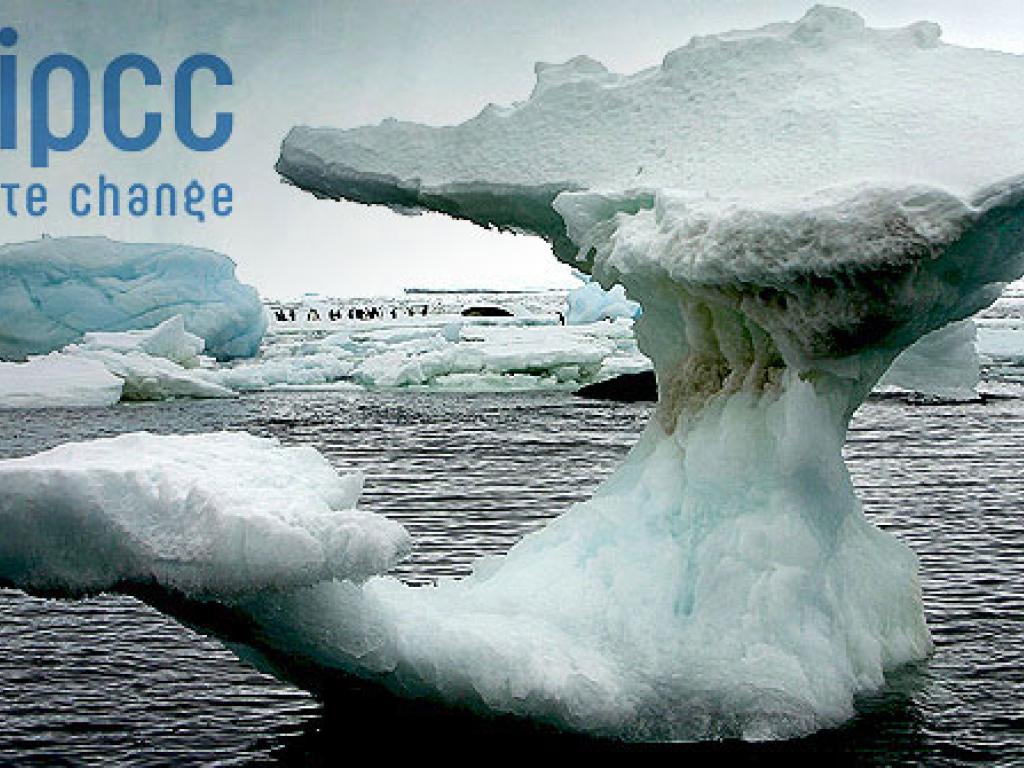by Harald Winkler
The latest climate science affirms again that warming of the climate system is “unequivocal”. If we don’t change our high-emission development paths, even if we try to adapt, warming by 2011 “will lead to high to very high risk of severe, widespread, and irreversible impacts globally (high confidence)”. The IPCC’s synthesis report makes clear that the time for action is rapidly running out.
The Intergovernmental Panel on Climate Change (IPCC) assesses the state of knowledge of climate change every five to seven years. The 2014 synthesis confirms that human influence on the climate system is clear. It reiterates that global warming is “unequivocal”, a word first used in the fourth assessment (2007) – and much stronger than the first, when the signal of human-induced climate change was still being separated from the noise of natural climate variability. We know know – also through a wide range of observed changes – the climate is changing, and that human activities are contributing to this change.
If we do not change our development paths – including patterns of consumption and production, then the risks of serious impacts are high to very high – some of them irreversible. Temperatures are projected to increase “over the 21st century under all assessed emission scenarios”. We will seek more heat waves, for longer. Extreme precipitation events – cool scientific language for things like droughts and floods – will become more intense and frequent in many places.
Not only will the temperature of the atmosphere increase, the ocean too – which stores a huge amount of heat. That puts enormous inertia into the system – even if we stopped all emissions right now, some warming will still continue. Some associated impacts “will continue for centuries”. The pH of our oceans has already changed, and will continue to acidify – with consequences for huge ecosystems.
We know what we need to do: Reduce greenhouse gas (GHG) emissions, and adapt to that part of climate change that is already unavoidable. This IPCC report point out that we need to think about this from many perspectives: “governance, ethical dimensions, equity, value judgments, economic assessments and diverse perceptions and responses to risk and uncertainty.” These are important dimensions, as we are already committed to some impacts – and trends are more towards world 4 °C warmer than pre-industrial levels, than the politically agreed limit of 2 °C.
The synthesis report is candid – we will have to adapt, but we cannot adapt our way out of the problem. “Adaptation can reduce the risks of climate change impacts, but there are limits to its effectiveness.” The mitigation pledges made by countries in Kyoto, Copenhagen and Cancun are not nearly enough. Without addition mitigation efforts, we run high to very high risk of “ severe, widespread, and irreversible impacts globally (high confidence).” (a quote worth repeating, I think).
There are pathways to 2 °C – they would require “substantial emissions reductions over the next few decades and near zero emissions of CO2 and other long-lived GHGs by the end of the century”. There are many options for mitigation but not one is sufficient by itself. There is no ‘silver bullet’.
We need to strengthen a range of enabling factors for both adaptation and mitigation “effective institutions and governance, innovation and investments in environmentally sound technologies and infrastructure, sustainable livelihoods, and behavioural and lifestyle choices.” Adaptation will be needed in every sector of the economy; as will mitigation.
The IPCC synthesis points to an integrated approach to mitigation: reduced energy use, lower GHG intensity in energy use, decarbonising energy supply (electricity and liquid fuels) and enhance carbon sinks in land-based sectors. If we do this, we can promote sustainable development. If not, “climate change is a threat to sustainable development.”
The IPCC released its synthesis report on 2 November 2014. The synthesis builds on three working group reports – on the physical science basis; impacts, vulnerability and adaptation; and mitigation. Each of those reports were thousand-page-plus assessment of large bodies of peer-reviewed literature. The reports and summaries are available at www.ipcc.ch
This blogpost first appeared on the Energy Research Centre's website.
Thumbnail source: http://www.economist.com/blogs/newsbook/2010/07/bias_and_ipcc_report
